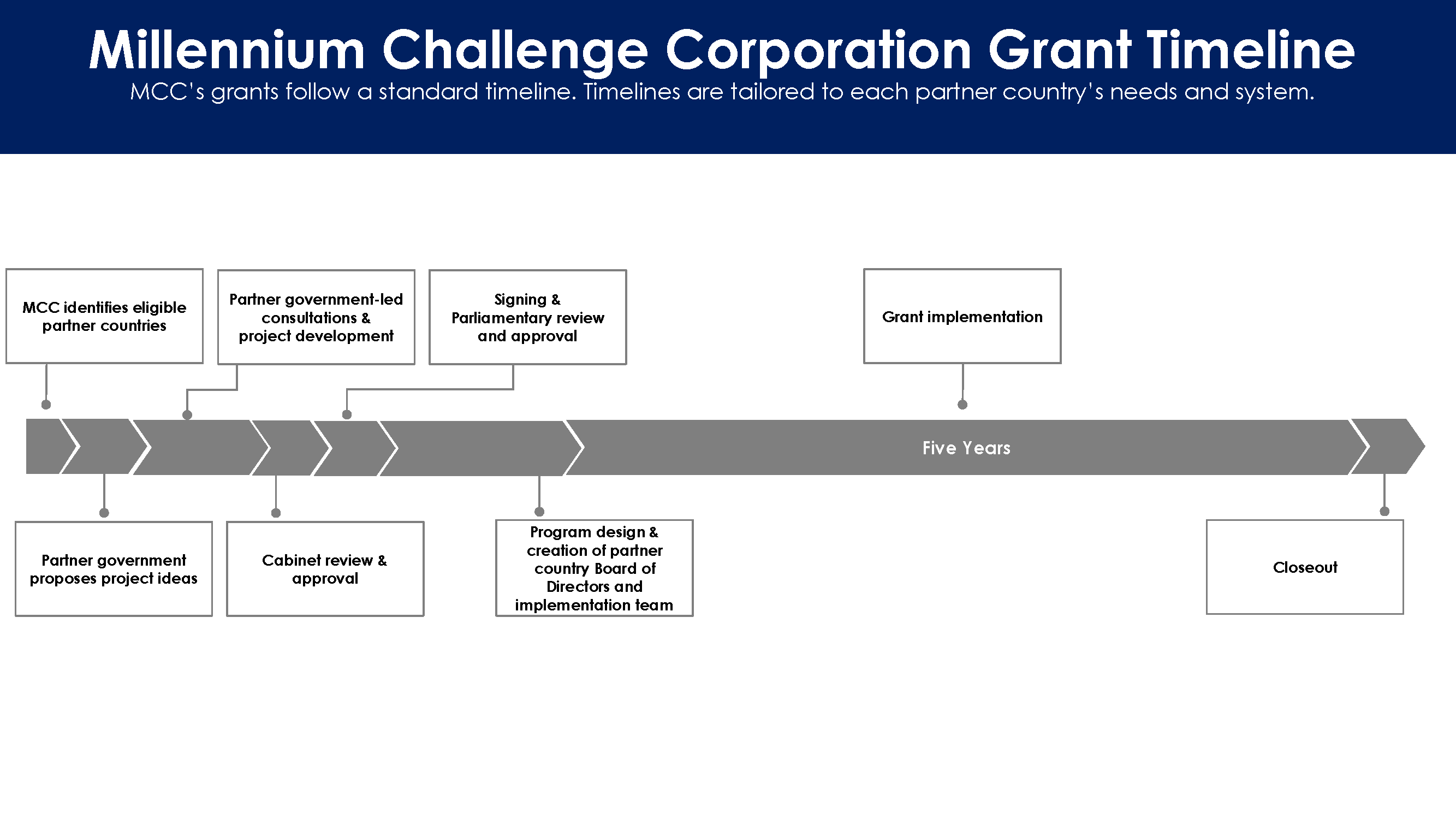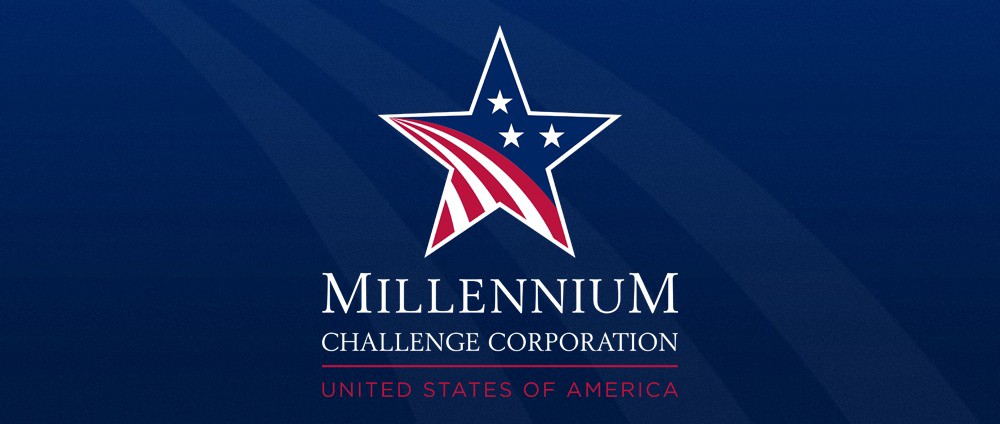In Brief
- What is MCC? It is an independent development organization, like USAID, funded by US Taxpayer dollars.
- Is MCC a grant or a loan? A Grant. Not a loan.
- Is it connected to SOFA and ACSA military agreements? No connection to ACSA or SOFA. No military connection what-so-ever.
- MCC has signed 37 grant agreements up to date in 30 different countries.
Fact-Checking
Is this an economic or military corridor between Colombo — Trincomalee under MCC? No.
Is there going to be a wall that breaks Sri Lanka in half? No.
Is there an effort to forcefully reclaim lands from people? No.
Why MCC Sri Lanka Headquartered in Temple Trees? MCC Sri Lanka is NOT at Temple Trees as of now. MCC Sri Lanka is located at the US Embassy Building in Colombo. I should acknowledge claims by the opposition and media regarding MCC operating from an office in PM’s office.

MCC Scorecard for Sri Lanka on the fiscal year 2019
Why MCC is so generous to Sri Lanka? Why grant 480 million USD to Sri Lanka? Sri Lanka passes the competitive requirements to get the grant.
Who did the strategic study to decide on a 480 million USD figure? Sri Lanka hired and PAID for Harvard University (2016) to do a growth diagnostic that identified 3 problems in Sri Lanka’s growth,
1. Policy uncertainty
2. Weak transport infrastructure
3. Weak land administration
There are over 24 US development organization beside MCC.
Is the US Congress being notified? Yes. US Congressional Notification Transmittal Sheet approved on April 25, 2019.
Is the US being Santa Claus to Sri Lanka by giving 480 million USD free?
The US gives 2.2% of its GDP as foreign aid, still lower than other highly developed countries. The USA is Sri Lanka’s biggest trading partner. The US has a high trade deficit with Sri Lanka. The US wants to protect its supply chains in Sri Lanka. The US looks for commercial investment opportunities for US companies.
Why only the Buses targeted without trains? The electrification of trains has started with ADB funds with a 5–10-year plan.
With 82% of Sri Lanka’s lands belonging to the government, there is huge confusion with the lack of information about the MCC land project.
Is it normal for MCC to plead and give these grants or is it unique to Sri Lanka because there is an unusual attempt made asking Sri Lanka to take the money? In July, Sri Lanka became a middle-middle income country. In 2020, Sri Lanka will no longer be eligible for the MCC grant. That is the reason for urgency.
Is the grant available in full or can we take a portion of it? Yes, if the government requests, MCC would review and make adjustments.
Do the US suppliers get preferential treatment when MCC Sri Lanka selects vendors? No. All procurement will be going through a transparent international competitive bidding process. MCC grants aren’t tied to US vendors, unlike other aid agencies. ONLY 7% of MCC funding goes to US companies at the moment. Even less goes to China because MCC has a condition against bidding government-owned enterprises.
In Georgia, 95% of the MCC funding went to Georgian local companies.
MCC has given the design and project management contract to local engineers in the RDA.
Land ownership related court cases in Sri Lanka sometimes goes for decades which benefits lawyers.
Is there a hidden agenda for US companies to acquire lands? NO — Low-income families had been given lands via various governmental schemes like Swanbhumi, Jaya Bhumi, Rathna Bhumi via LDO grants (3–4 acres max). But they were NEVER given Deeds/Land titles or Survey plans. These families can’t sell, transfer, mortgage their lands which gov’t knew for a long time before MCC.
Currently, Bim Saviya is conducted by the Sri Lankan government and they estimate 15–20 years to finish surveying. That is the reason we need the latest technology to survey, issue plans quickly and let these families use their lands as their wish.
Why not given importance to Light Rail Transit? The cost of planned LRT is 2 Billion USD for 15 km which can ONLY be used by 3% of Western Province.
Colombo — Trincomalee economic corridor is a very old concept that is currently being discussed and developed for the last 30 years or so. ADB funds rehabilitating the rail link from Kurunegala to Dambulla: Read here.

MCC Sri Lanka will have 18 months to 2 years startup period. During which MCC Sri Lanka does all the design and feasibility work and they will hire a team of 65 professional Sri Lankans to manage the project. There will be 2 Americans. Ever. That is MCC’s footprint around the world.
The whole project would take around 8 years to finish and they will support any government freely and democratically elected.
Will there be a transparent system for citizens to find out how the grant money has been spent? From MCC grant funding, all spendings are audited by the Office of Inspector General by the General Accountability Office and MCC hire a local auditor and they have 4 layers of auditors.
MCC Grant Timeline

Documents Attached: In English — සිංහල — தமிழ்
Highlights of MCC Compact
Documents Attached: In English — සිංහල — தமிழ்
The Government of Sri Lanka and MCC together identified weak transport infrastructure and weak land administration practices as two binding constraints to economic growth in Sri Lanka.
Toaddress these constraints, the proposed compact consists of two projects: a transportation project and a land project. The total budget for the compact is $480 million.
The $350 million transport project has an estimated economic rate of return of 19% and seeks to increase the relative efficiency and capacity of urban and provincial transport infrastructure in the Western, Central, Sabaragamuwa and Uva Provinces.
The transport project will upgrade physical roadway networks, modernize traffic systems, and introduce policy and regulatory reforms.
These investments will reduce severe traffic bottlenecks, create safer, more reliable public transportation, and lower the transport costs required to connect people and goods with booming markets.
The $67 million land project has an estimated economic rate of return of 26% and aims to expand and improve existing Government of Sri Lanka initiatives to increase the availability of spatial data and land rights information. The project will initially focus on districts in the Central, North-Western, North-Central and Eastern Provinces.
Land activities will help the Government create an inventory of state lands, modernize methods of valuing lands, strengthen tenure security for smallholders, women, and firms, and digitize deeds records so that they are less vulnerable to damage, theft, and loss.
Together, the two projects are projected to benefit 11.3 million people, which accounts for 54% of Sri Lanka’s population.
Remaining $63 million will be used to support technical assistance, feasibility and design studies, project administration, and monitoring and evaluation. These funds will help the Government to effectively design, implement, manage, and monitor the compact program.
Government of Sri Lanka will establish a local entity staffed by Sri Lankans to coordinate implementation by the ministries and departments mentioned above. This entity will be accountable to a Sri Lankan Board of Directors comprised of eight government officials and three representatives from the private sector and civil society.
MCC Transport Project
Documents Attached: In English — සිංහල — தமிழ்
Budget: $350 million
Aim: Improve urban and rural mobility in the Western, Central, Sabaragamuwa, and Uva Provinces in two ways.
First, it will ease traffic congestion and improve public transportation in the Colombo Metropolitan Region. Getting transport right is key to making Colombo a more livable, well-functioning city.
Second, the Transport Project will improve connectivity between the central part of the country and ports and markets in the Western Province.
AnAdvanced Traffic Management System (ATMS) for the Colombo Metropolitan Region. ATMS combines physical improvements and civil works with technology enhancements to optimize the efficiency of the existing road networks along eight heavily traveled corridors that link central Colombo with its suburbs.
Budget: $160 million
The bus service modernization activity would improve bus services in greater Colombo.
Budget: $50 million
Rural transport activity would upgrade approximately 131 kilometers of interprovincial roads in the Central Ring Road Network connecting the Central, Sabaragamuwa, and Uva Provinces with ports and markets in the Western Province.
Budget: $140 million
MCC Land Project
Documents Attached: In English — සිංහල — தமிழ்
Budget: $67 million
Aim: Expand and improve the existing Government of Sri Lanka initiatives to increase the availability of spatial data and land rights information
Create a cadastral map of land parcels and complete inventory of state land, providing data to be entered into the Government’s e-State Lands Information Management System (eSLIMS)
Budget: $23.4 million
Improve the valuation of state and private lands by improving data collection in support of a computerized mass appraisal system, building on Government efforts to strengthen the Valuation Department
Budget: $6.5 million
Improve the Deeds Registry by digitizing existing records and linking them to digital parcel information, building on the Government’s e-Land Registry initiative
Budget: $11.4 million
Improve tenure security for all landholders by moving properties from the Deeds system to the Title Registration system, expanding the Government’s Bim Saviya program.
Budget: $19.3 million
Research in support of measures to improve land administration policies. Budget: $6.7 million
Next Steps of the MCC Development Assistance Grant
The United States welcomes the decision of the Cabinet of Ministers to approve the $480 million Millennium Challenge Corporation (MCC) development assistance grant. Sri Lanka requested this support, which is expected to benefit at least 11 million Sri Lankans through the funding of government- and private sector- identified needs.
The programs supported by this grant will reduce traffic congestion, improve public transportation in Colombo, upgrade provincial roads, and expand existing Government of Sri Lanka initiatives to improve land administration and strengthen the land rights of Sri Lankans. The Government of Sri Lanka has posted the draft of the grant agreement on the Ministry of Finance website, where it is available for the people of Sri Lanka to review. The United States will not own or lease any land under this development assistance grant. Sri Lanka will oversee and manage all grant-funded projects throughout the implementation of the five-year grant assistance agreement.
With presidential elections approaching, the United States anticipates working toward grant signing and parliamentary approval with the Government of Sri Lanka after November 16, 2019. Per our policy — applied in all 29 partner countries — the Sri Lankan Parliament will have the opportunity to review and approve the grant. The United States looks forward to continuing our partnership with Sri Lanka and to support its efforts to reduce poverty through economic growth.
November 6, 2019 — US Embassy, Colombo
Documents Attached: In සිංහල — தமிழ்
MCC Compact Execution Version
Document Attached: In English
Stuff to Watch
https://www.youtube.com/watch?v=FZKveXeXQJU&feature=youtu.be
https://www.youtube.com/watch?v=qjlShC3WL-8
Thanks to
The President’s Office, Sri Lanka
The Ministry of Finance
US Embassy in Colombo, Sri Lanka
